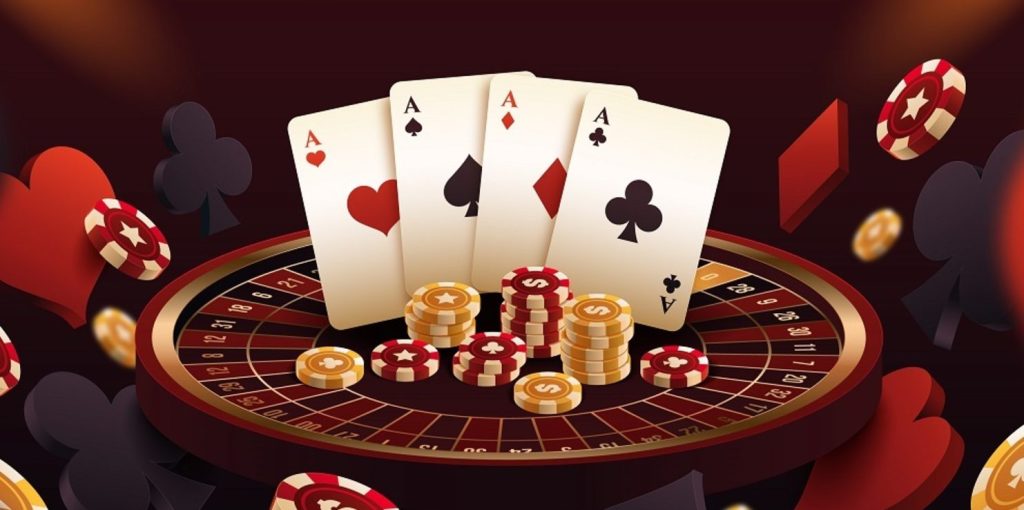Slot games are among the most captivating forms of gambling entertainment, attracting millions of players worldwide. Their engaging design, combined with the possibility of big wins, creates a unique appeal. However, behind the flashing lights and spinning reels lies a carefully crafted experience aimed at keeping players hooked. Let’s explore what makes slot games so addictive by examining player behavior and the psychology of slot machine design.
The Psychology Behind Slot Addiction
The Role of Rewards and Randomness
One of the primary factors behind slot game addiction is the combination of rewards and randomness. Slot machines operate using Random Number Generators (RNG), which make every spin unpredictable. This randomness triggers the brain’s reward system, releasing dopamine whenever a player wins. Even small wins or near-misses can create a sense of anticipation, encouraging players to keep spinning.
Instant Gratification
Slot games provide immediate feedback, whether it’s a win, a near-miss, or simply the sound effects that accompany each spin. This instant gratification satisfies the brain’s craving for rewards, making it hard to walk away from the game.
Design Elements That Keep Players Hooked
-
Engaging Visuals and Sounds
Slot games are designed to appeal to the senses. Vibrant graphics, dynamic animations, and upbeat music create an immersive experience that captures attention. The sounds of coins clinking or celebratory tunes after a win amplify the excitement, reinforcing the urge to continue playing.
-
Frequent Rewards
The concept of intermittent reinforcement plays a significant role in slot addiction. Players are not rewarded on every spin but are given wins at random intervals. This unpredictability keeps players engaged, as they are always chasing the next big payout.
-
Bonus Features and Free Spins
Modern slot games often include bonus rounds, free spins, and special features that break the monotony of regular gameplay. These elements give players additional opportunities to win, heightening the excitement and prolonging the gaming session. Platforms like Sbobet often feature slot games with innovative bonuses to enhance the player experience.
Player Behavior and the Appeal of Slots
-
Escaping Reality
For many players, slot games offer a temporary escape from daily stress and responsibilities. The immersive nature of these games allows individuals to lose themselves in the moment, making it easy to spend hours spinning the reels.
-
Chasing Losses
Some players fall into the trap of chasing losses, believing that a big win is just around the corner. This mindset often leads to extended play sessions, as players try to recoup their losses by betting more.
-
Social Proof
Slot games, especially online versions, often display leaderboards, big wins, or live updates of other players’ achievements. Seeing others win creates a sense of possibility and motivates players to keep trying their luck.
Responsible Gaming and Awareness
-
Setting Limits
Understanding the addictive nature of slot games is crucial for responsible gaming. Players should set time and budget limits before starting a session to avoid overspending.
-
Recognizing Patterns
Awareness of the psychological tricks employed by slot games can help players make more informed decisions. Recognizing when a game’s design is encouraging extended play can empower players to take control.
Conclusion
The addictive nature of slot games lies in their clever combination of psychology and design. From the allure of randomness to engaging visuals and sounds, every element is tailored to captivate players. While platforms like Sbobet offer exciting slot games with innovative features, it’s essential to approach these games with awareness and responsibility. Understanding the mechanisms behind their appeal can help players enjoy slot gaming while staying in control.
